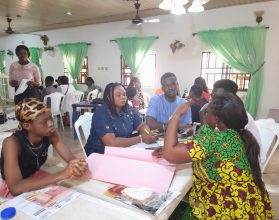By Gabriel Chy Alonta
The Federal Ministry of Humanitarian Affairs, Disaster Management and Social Development through Victorian Clarion Foundation (VICLAF), has trained no fewer than 30 persons selected from non-governmental organisations and civil society organisations to monitor the national home-grown school feeding in Anambra state.
The step-down training, which took place on Wednesday July 20, 2022 in Awka, the Anambra state capital, was aimed at building the capacity of NGOs/CSOs on monitoring the NHGSFP, to carry out system checks, with a view to improving the programme.
Addressing participants during the training, the founder of Victorian Clarion Foundation (VICLAF), Mrs. Uju Loveth Onyedilefu, noted that the objectives of the programme was not to witch-hunt any player in the programme but to identify challenges impeding the effective implementation of the programme.
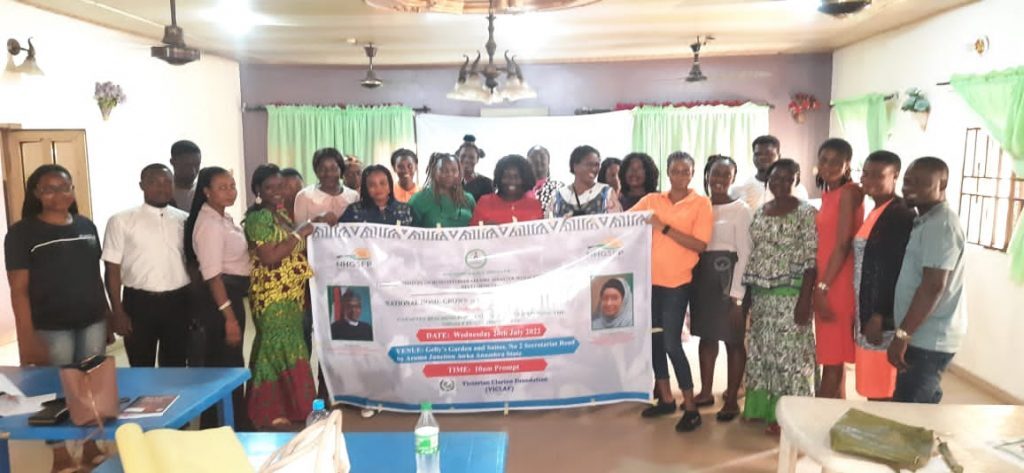
According to Onyedilefu, NHGSF is a sustainable school feeding programme that will establish a safety net for the poor and reduce the incidence of malnutrition in school age children (including pre-primary school children) while stimulating the national economy.
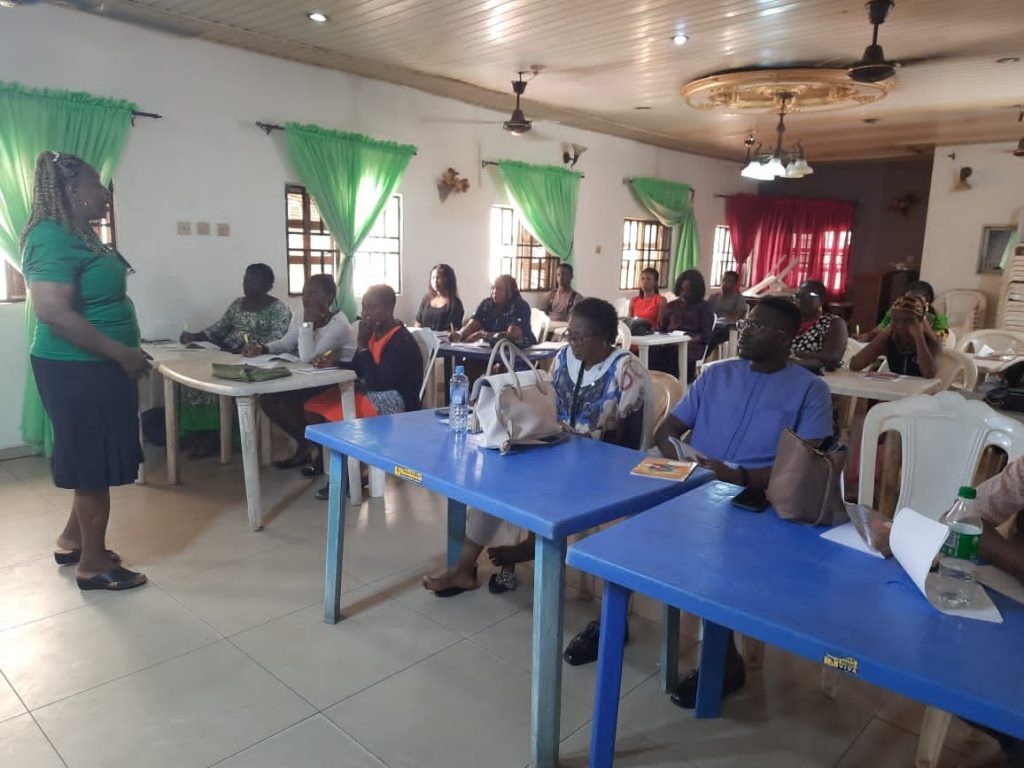
She stressed that the food utilized in the programme are all home-grown and peculiar to the state, while remarking that the gesture was to encourage local farmers. She equally explained the different tools and templates needed for reporting and documenting the monitoring activities.
In a presentation, the programme manager, Eriken Uzoamaka informed her audience that notwithstanding there were already independent monitors in the field, their inclusion into the monitoring exercise was for a more robust and speedy supervision of the exercise. She told the participants that their roles remain supportive, and remarked the need to constructively advise vendors on proper personal hygiene when need be.
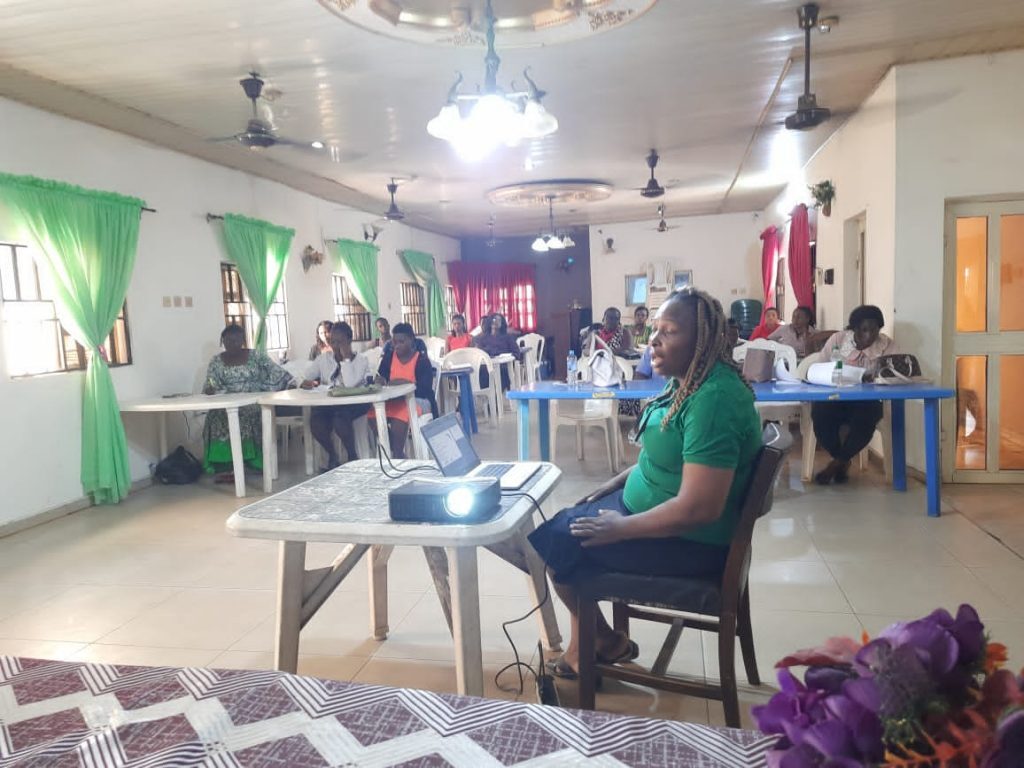
Explaining the roles of the monitors, Mrs. Uzoamaka said that the monitors would identify challenges among teachers, vendors and pupils, provide supportive supervision, settle disputes where necessary, monitor the quality and quantity of foods, reporting cases of malnourished children, and so on.
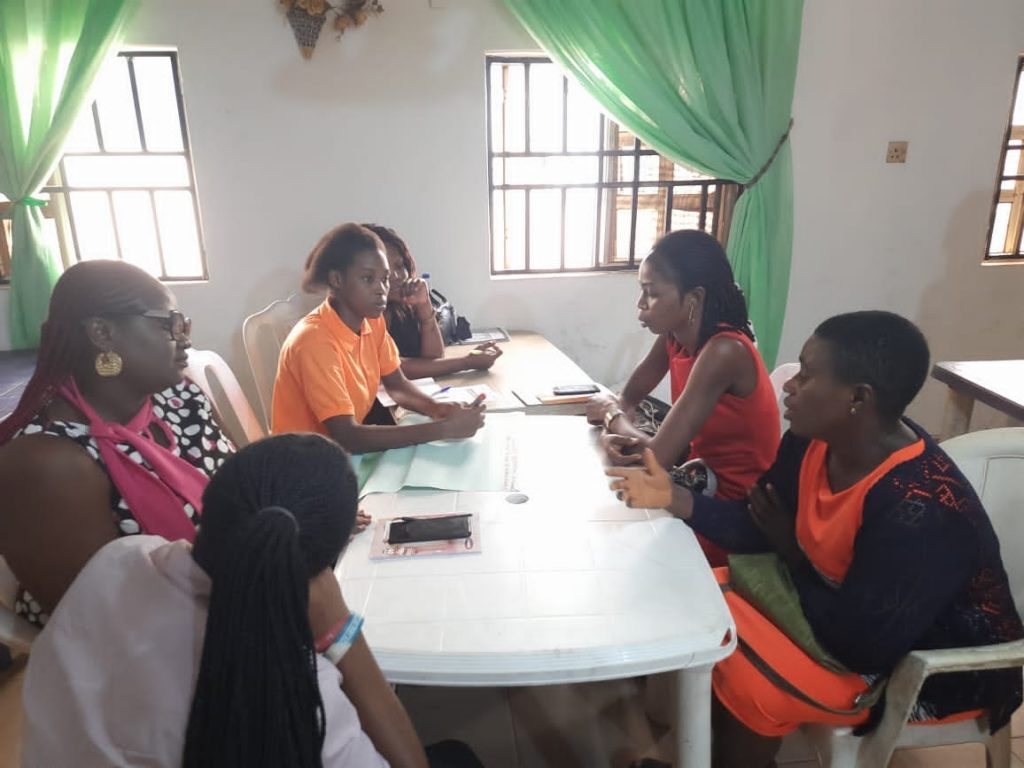
Participants in different interviews with this paper, described the training as “monumental importance”, and pledged to ensure professionalism during the monitoring exercise to improve the programme execution in the state. They thanked the organisers and urged them not to rest on their oars.
Mrs. Ugochi Freeman, had, in a vote of thanks, urged participants to ensure that there are deliverable output emanating from the monitoring, while expressing optimism that the exercise when effectively done, could attract other projects in the state.

